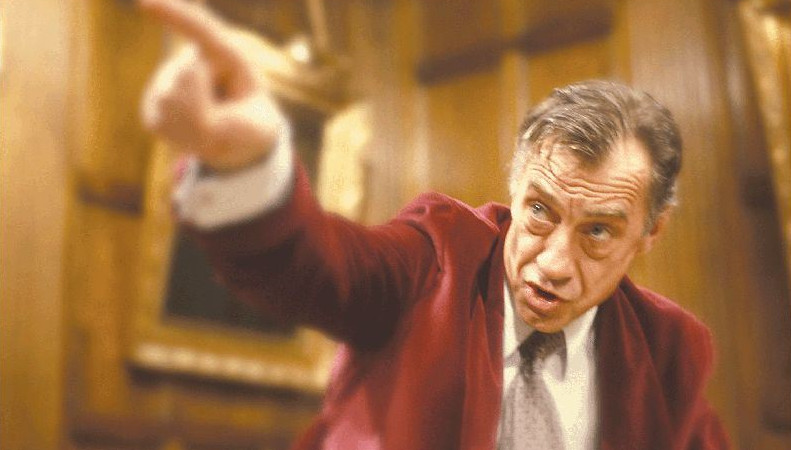
The possibilities of the cinematic medium are so huge for an artist, that rarely have we seen stories told on the silver screen that happen entirely in one setting. That’s more of a theatre thing, screenwriters must reckon, and in fact a lot of single-setting movies are stage adaptations looking to be faithful to the original text. However, some directors have seized on the opportunity of a single-setting movie to explore human relationships, the chemistry between their actors, or to encapsulate a complex subject in a way that’s accessible and entertaining for audiences.
This list aims to call attention to lesser-known single-setting movies that nevertheless deserve to be discovered, watched, and appreciated for the way they use such a constraint to their advantage. It’s a cinematic trick that not every director could pull off, and it certainly puts pressure on the actors to work their characters fully and in a way we can really grasp their motivations and conflicts.
10. Deterrence (Rod Lurie, 1999)
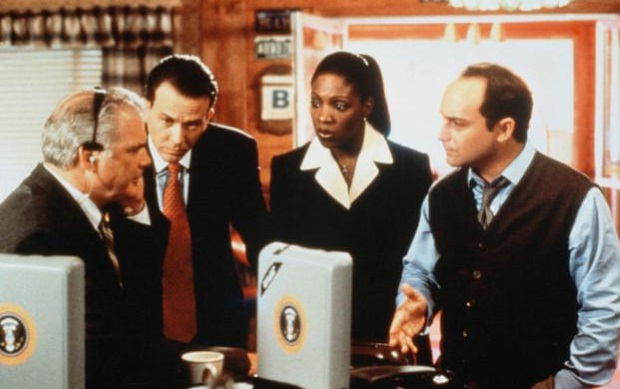
Rod Lurie’s directorial debut, “Deterrence,” is not nearly as discussed as his follow-up, “The Contender,” but has many of the same hallmarks. It’s a high-tension thriller about big-picture politics with a few pacing problems that make for an overall interesting viewing.
It has Kevin Pollak as one of the big screen’s most unlikely American presidents, Walter Emerson, who ascended to the job after the death of his predecessor and is now on the campaign trail for reelection. A severe snowstorm leaves the president and his advisors trapped in a small diner in Colorado, precisely at the moment when Iraq invades Kuwait, killing hundreds of American soldiers.
With this kind of setup, “Deterrence” puts itself in the unique position of discussing the morality of war and the political and personal factors that go into starting one. Written, made, and released before the United States embarked on yet another war in the Middle East, “Deterrence” feels terribly prescient (and a bit naive) if seen today. This one-setting film draws its power from history, and from great performances by quirkily cast actors. While imperfect, Lurie’s debut is certainly worth the while.
9. Pontypool (Bruce McDonald, 2008)
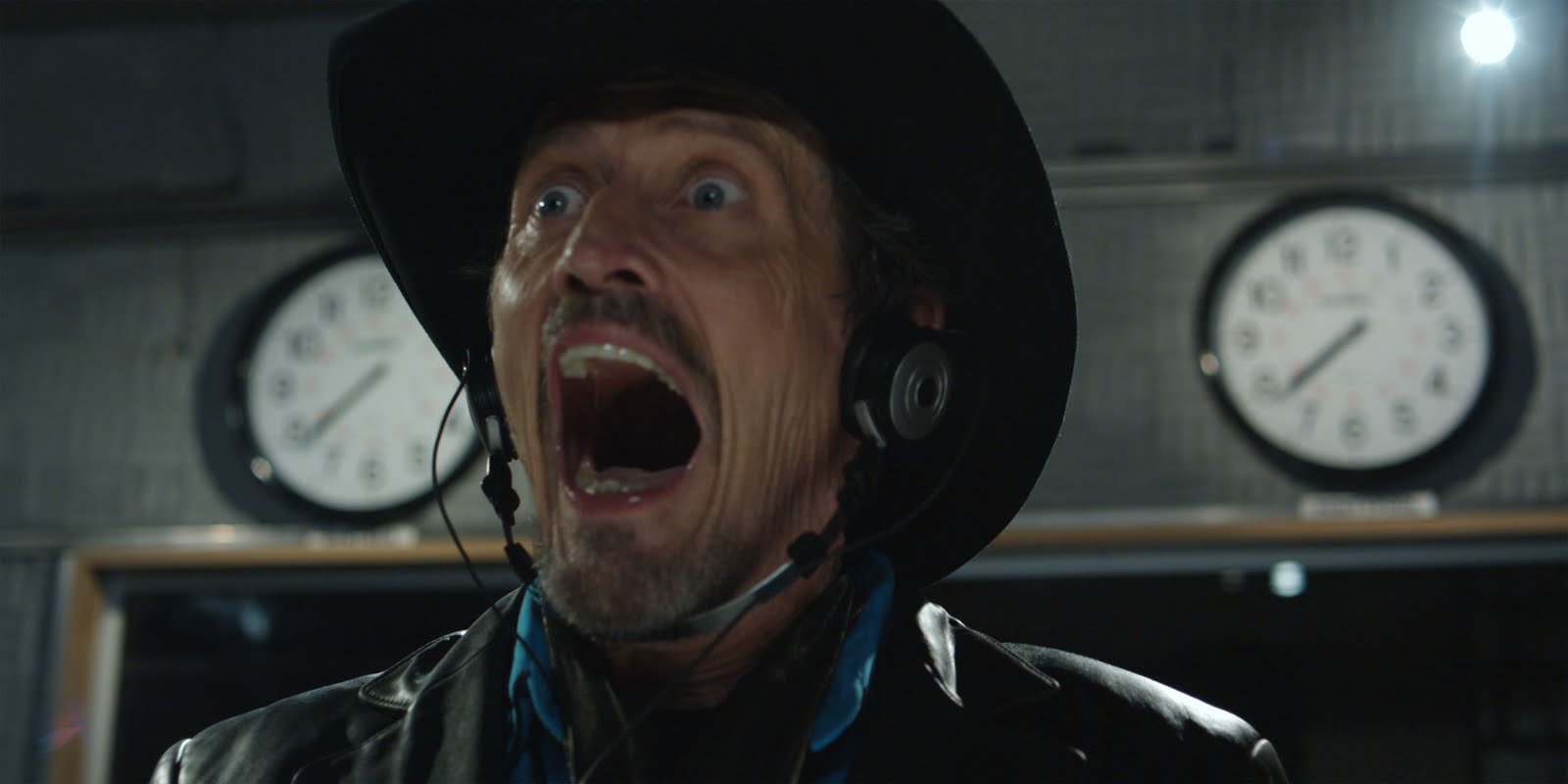
Bruce McDonald’s “Pontypool” is quite a unique cinematic experience, in that it was planned and released as both a movie and a radio play, influenced by Orson Welles’ infamous radio production of “War of the Worlds.”
The film stars Stephen McHattie as Grant, a former shock jock who finds himself broadcasting live during a deadly virus outbreak beyond the walls of his station. McDonald’s version of the zombie apocalypse is a disease that attacks the English language, leading the infected to become violent when fixated on certain words, which they repeat over and over again.
For a film that leans into the radio format, that concept works perfectly as McDonald guides us through a story full of twists and turns, almost exclusively set in the recording booth of Grant’s program. The relationships between the characters come to light as the virus outbreak becomes increasingly less remote and more real, an impressive balancing act achieved by screenwriter Tony Burgess, who worked from his own novel.
8. The Man from Earth (Richard Schenkman, 2007)
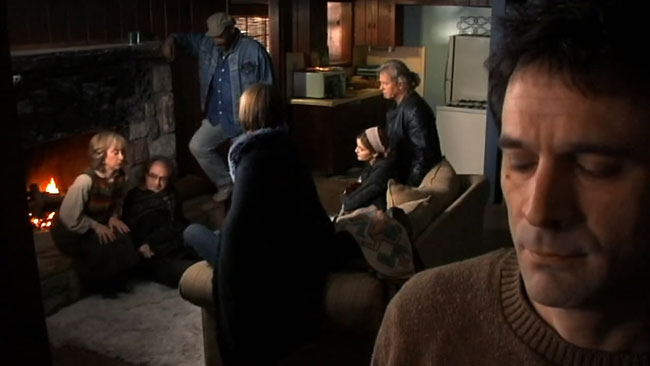
An academic conversation turned into a low-budget sci-fi movie, “The Man from Earth” hits viewers hard with philosophical and theological questions as it tells of John Oldman (David Lee Smith), a professor who’s about to move away from his friends.
As they come to his house to say goodbye, he reveals to them that he’s actually a 14,000-year-old man who’s been everything from a friend of van Gogh, a disciple of Buddha, and Jesus Christ himself. As his friends both play along and get emotionally involved in his “story,” Richard Schenkman’s film challenges us to see ourselves in each of them.
With little more than a talented (if mostly unknown) group of actors sitting in a room talking, “The Man from Earth” is a fascinating experience, even if you choose to nitpick its cinematic shortcomings.
Made from a previously unproduced screenplay by “Star Trek” and “Fantastic Voyage” veteran Jerome Bixby, it’s a true exercise in science fiction, the kind of film that will have you thinking about it long after the closing credits. Schenkman and Bixby’s son, Emerson, even made a sequel in 2017.
7. Musarañas (Juanfer Andrés/Esteban Roel, 2014)
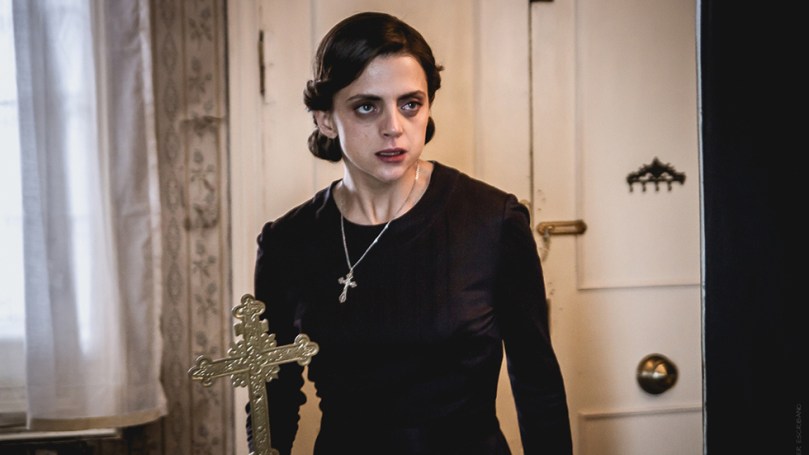
Somewhat lost between cult horror hits like “The Babadook” and “It Follows,” this France/Spain co-production is worth discovering. Directors Juanfer Andrés and Estevan Roel tell the story of two sisters who live alone in a Madrid apartment in the ‘50s after their parents’ deaths.
Montse (Macarena Gómez, perfectly melodramatic), the eldest, is agoraphobic, suffering breakdowns every time she steps out the door. When a reckless young neighbor, Carlos (Hugo Silva) falls down the stairs and Montse takes him in to treat him, things from the sisters’ past and their fractured relationship begin to emerge.
While the film has one foot firmly planted in the melodrama, directors Andrés and Roel carefully craft a genuinely creepy, shocking horror tale around that familiar territory of Spanish cinema. “Musarañas” is efficient in the way it uses cinematography, scoring, and set design to manipulate the fears of the spectator, and the way its horror story is steeped into family conflict and social anxieties is sure to get under the skin of most people.
6. Secret Honor (Robert Altman, 1984)
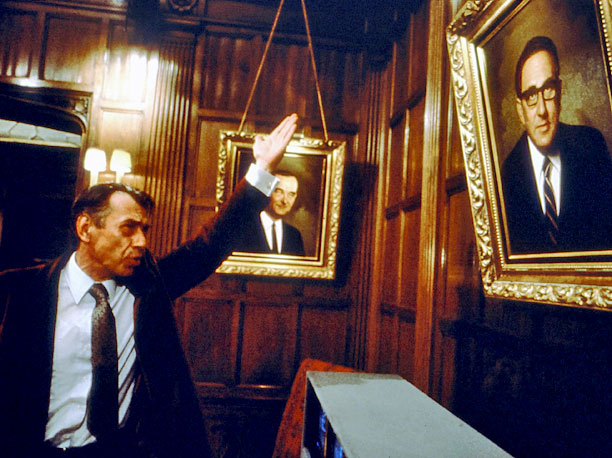
A forgotten gem in the middle of Robert Altman’s highly acclaimed filmography, “Secret Honor” takes Donald Freed and Arnold M. Stone’s play and transports it almost intact to the screen, putting an extraordinary Philip Baker Hall at center stage as a fictionalized version of Richard Nixon.
By the time this story is set, he’s already resigned from the presidency, and delivers a rambling monologue into a tape recording. Remembering his humble childhood and his meteoric political career, he also delves into the “real” reasons for Watergate, raging against enemies such as Dwight Eisenhower, the “goddamn Kennedys,” J. Edgar Hoover, liberals, the media, and “the Jews.”
Never mind that “Secret Honor” feels as urgent as ever today: regardless of political leanings or relevance, it’s a stunning feat of filmmaking by Altman and his play/screenwriters, a gripping drama that definitively mythologizes an important figure in American history. Baker Hall being passed over for an Oscar nomination in 1985 was a travesty, especially because this great American actor, now 86, was never nominated for one.